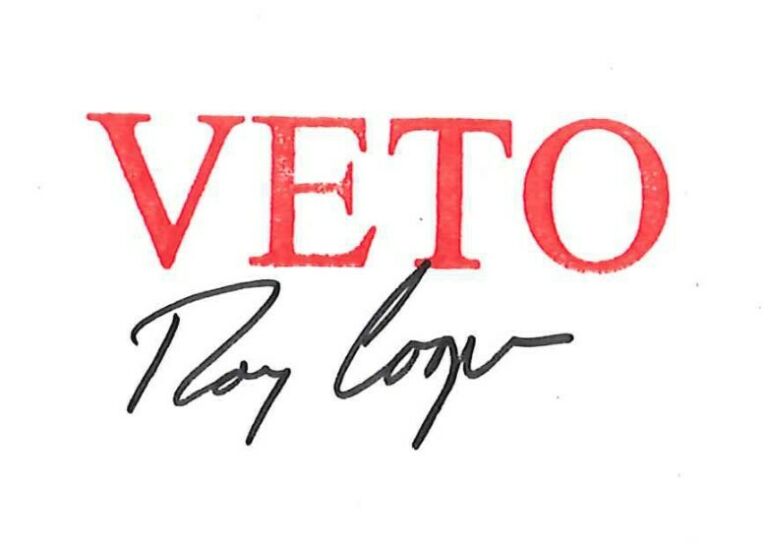- Last week South Dakota became the ninth state to pass universal license recognition since 2019
- Bill language introduced last year before the General Assembly would offer a way for North Carolina to join those reform states
- Universal license recognition is one of the occupational licensing reforms recommended by the Locke Foundation to boost the post-Covid economic recovery
On Feb. 17, South Dakota passed a universal license recognition bill. It’s an idea that the North Carolina General Assembly has entertained but not yet adopted. Why not?
The Locke Foundation has been urging legislators to adopt universal license recognition as part of reforming North Carolina’s occupational licensing laws. Witnessing over 222,000 jobs lost after nearly a year of lockdowns, shutdowns, and other business restrictions makes the situation more urgent. Our Carolina Rebound study of critical post-Covid reforms recommended adopting universal license recognition to help “make it easier and faster [for workers] to find a job.” We noted that:
[I]n North Carolina, licensing affects over 181 official job titles and untold numbers of occupational practices. We’re the 17th most restrictive state for jobs held by lower-income workers. That’s untenable given the economic crisis now facing us. Simply put, policymakers can’t let North Carolina’s economic recovery be stymied by unnecessary occupational licensing.
How untenable is it in an economic crisis? Research conducted for the General Assembly in February 2020 found that, among other things:
- licensing is the state’s “Most Restrictive” occupational regulation, suitable only when the risk to public welfare is highest
- licensing doesn’t adequately account for experience or credentials
- licenses take too long to get
- families stuck in licensing limbo lose income
- at the same time, the government loses tax revenue
Several states have adopted universal license recognition since 2019
First passed in Arizona in 2019, universal license recognition is one way to speed up licensing for people seeking work in their field. Other states have since recognized the wisdom of this approach. The National Conference of State Legislatures reports that “Arizona, Colorado, Florida, Missouri, Montana, New Jersey, Pennsylvania, and Idaho have enacted bills that require their occupational boards to allow individuals with out-of-state licenses to obtain a valid occupational license to practice, with some limitations.” South Dakota has just joined them.
North Carolina should be on this list. A bill introduced last year, Senate Bill 773, would have brought universal license recognition here. For someone who moved into North Carolina, applied for a license in her field of work, and met certain conditions, the bill would have required an occupational licensing board to issue the license. To qualify, the applicant must, among other things:
- hold a current license in another state
- have been licensed for at least a year
- be in good standing
- have met all licensing requirements in that state
- not be under disciplinary action
- not have a disqualifying criminal record
- pay all licensing fees
Other features in the bill would have retained preexisting reciprocity arrangements between licensing boards in North Carolina and other states and stipulated that individuals licensed via universal license recognition would not be entitled to licensure in other states under interstate licensing compacts. It also would not have altered the licensing boards’ current licensing standards, and it would not have precluded licensees under universal license recognition from seeking to satisfy those standards.
Even though it wasn’t enacted last year, the language in SB 773 offers a way for North Carolina to join the vanguard of states making a common-sense change to help speed economic recovery.
Universal license recognition would be a helpful reform on its own, but it would work better in the context of a package of license reforms. They include a Right to Earn a Living Act, an Occupational License Consumer Choice Act, sunset with periodic review of licenses and licensing boards, and a least-cost-state standard.
These reforms are discussed in the links above as well as a May 5, 2020, Research Brief under the self-explanatory title of “The post-COVID economy will need extensive occupational licensing reform.”


